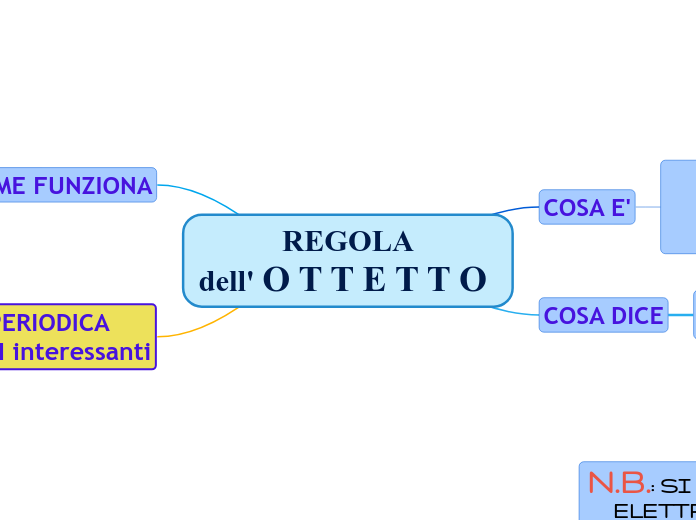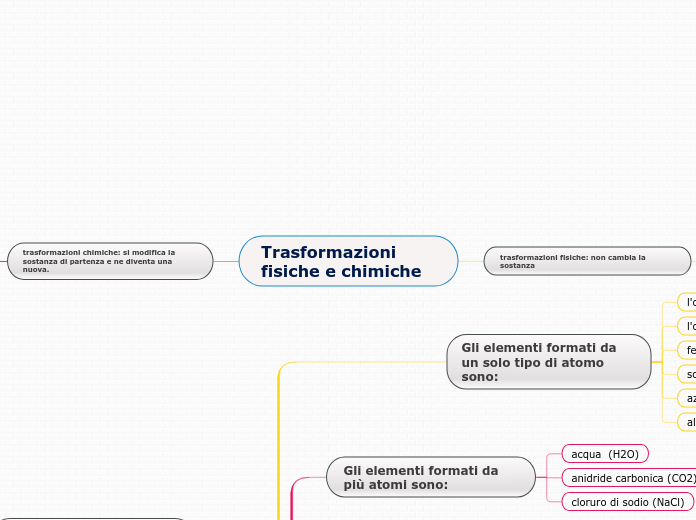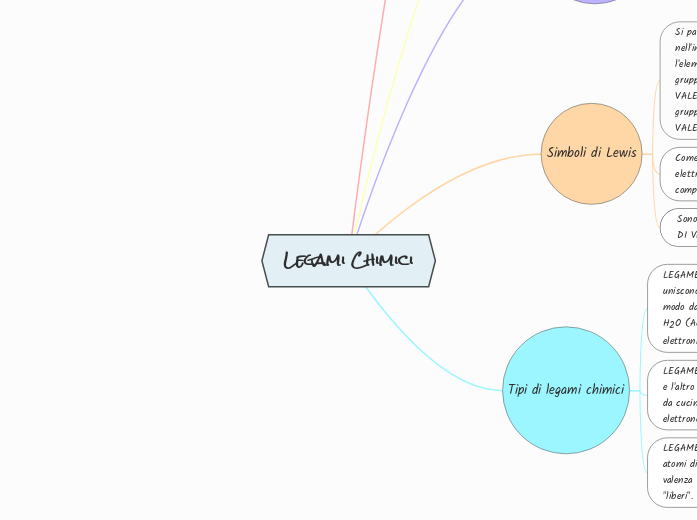e così
completare il livello più esterno
e raggiungere
OTTO ELETTRONI
N.B.: SI LEGANO SOLO GLI ELETTRONI DI VALENZA
cioè QUELLI PRESENTI SULL'ORBITALE PIU' ESTERNO
REGOLA
dell' O T T E T T O
In physics, energy is the quantitative property that must be transferred to an object in order to perform work on, or to heat, the object. Energy is a conserved quantity; the law of conservation of energy states that energy can be converted in form, but not created or destroyed
la TAVOLA PERIODICA
DA' degli INDIZI interessanti
GRUPPO
(colonna)
N. degli ELETTRONI
di valenza
PERIODO
(riga)
N. degli ORBITALI
COME FUNZIONA
L'ATOMO TENDE SEMPRE
AD AVERE 8 elettroni
SULL'ORBITALE ESTERNO
Nuclear energy originates from the splitting of uranium atoms – a process called fission.
This generates heat to produce steam, which is used by a turbine generator to generate electricity. Because nuclear power plants do not burn fuel, they do not produce greenhouse gas emissions.
Write down the advantages and disadvantages of Nuclear Energy.
FORMA DEI LEGAMI
CONDIVIDE
elettroni
Legame covalente
il più forte di tutti
ACQUISTA/CEDE
elettroni
Legame ionico
COSA DICE
There are many different types of energy, which all fall into two primary forms – kinetic and potential.
Energy can transform from one type to another, but it can never be destroyed or created.
GLI ATOMI SONO
INSTABILI
Gravitational energy is a form of potential energy.
It is energy associated with gravity or gravitational force, in other words, the energy held by an object when it is in a high position compared to a lower position.
Give examples.
TENDONO A FARE LEGAMI CON ALTRI ELEMENTI
METALLICI
COVALENTI
IONICI
COSA E'
Energy storage is the capture of energy produced at one time for use at a later time. A device that stores energy is generally called an accumulator or battery.
REGOLA CHE SPIEGA COME AVVENGONO
I LEGAMI FRA GLI ELEMENTI
The battery acquires its charged condition either by recharging or in the manufacturing of the unit.
During discharge, the chemical on the anode releases electrons, and ions in the electrolyte undergo an oxidation reaction.
Name the particular compounds in which energy is stored:









